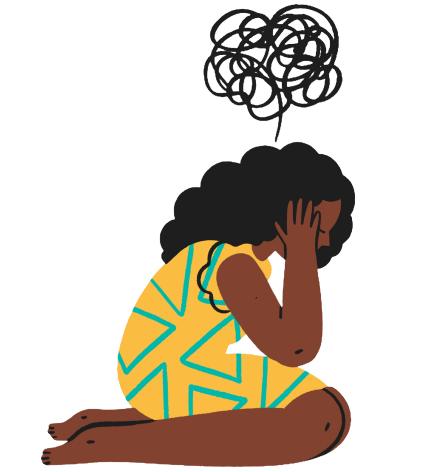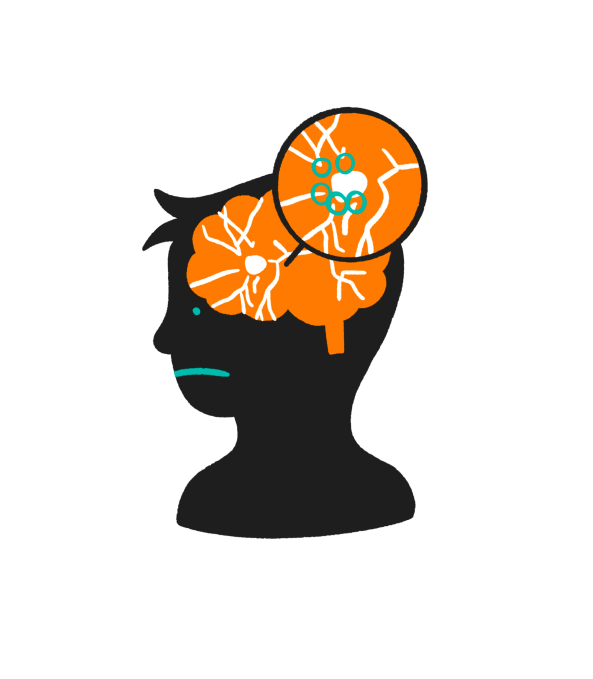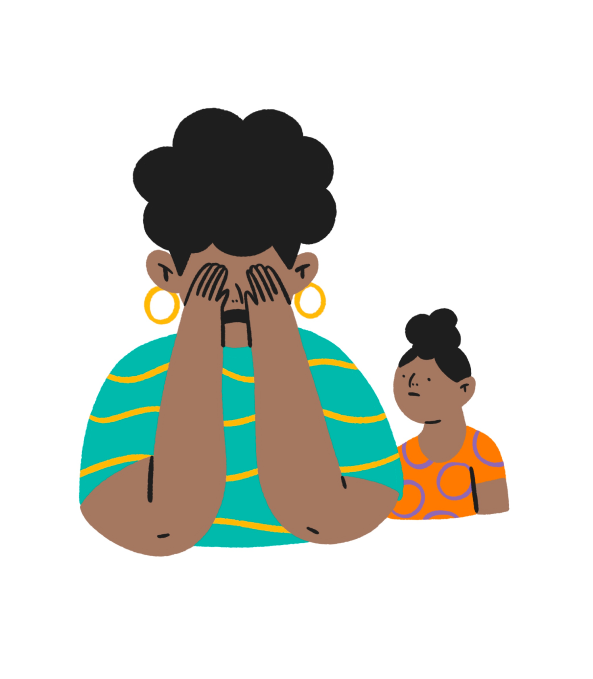What
Vulnerable Childhoods




Today, over 110 million people are displaced against their will due to prolonged crises and armed conflicts.
+ 9 millions
People in Colombia are victims of the armed conflict.
Including 8.5 million who have been forcibly displaced.
+ 1 million
Infants between the ages 0 and 5
have been exposed to conflict, displacement, and forced migration at an early age.
2.5 millions
People have been forced to migrate from Venezuela to Colombia.

During the first five years of life, the biological basis for physical and mental health is established. Throughout this stage, the brain, which forms over a million neural connections each second, experiences the highest level of adaptability and flexibility in a lifetime.
However, that’s not all… this time frame is also essential for the development of other biological systems, including those responsible for cardiovascular, respiratory, digestive, and immune function in the body. The developmental stage significantly affects the acquisition of skills, socioemotional development, and biological system development.
Young children, who grow up in an environment surrounded with affectionate relationships and secure attachment bonds, have greater chances of developing healthy biological systems. Resultantly, they create a protective layer that enables them to achieve their full potential despite adverse conditions.

Solid foundations and healthy biological systems are established when children are provided with safe environments and secure, affectionate relationships with adults.
Crucial factors for biological and brain development during early childhood include predictable, frequent, secure, and stimulating interactions between children and their mothers, fathers, or caregivers.

Early childhood is a particularly vulnerable stage for adverse events and the stress associated with them. When these adverse events are systematic, persistent, and traumatic such as in armed conflict, displacement, and forced migration, children experience high levels of stress.
If adults do not provide affectionate and secure relationships, this stress builds up and results in the overactivation of several biological systems, such as the stress response system, which we refer to as toxic stress.
Toxic stress impacts the development of brain architecture and other biological systems. As a result, it jeopardizes early childhood development and has long-term effects on academic performance and socioeconomic expectations, while also increasing the risk of physical and mental health issues later in life.

Adults’ mental health is also impacted by adverse and traumatic events, like conflict and forced displacement. Such reactions are normal to events that are abnormal and traumatic.
Adults’ mental health problems limit their natural ability to connect emotionally with young children and provide them with loving, secure and predictable relationships.
This creates a vicious cycle of adult mental health problems and toxic stress for young children.
